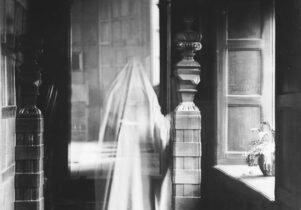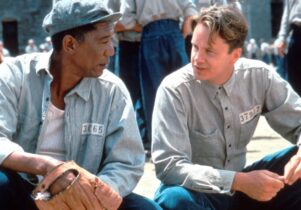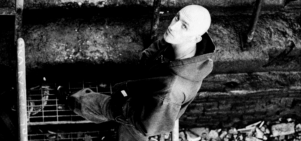Philosophy & Film/ Alien at Hyde Park Picture House
Tom Grieve, Cinema EditorBook now
Alien
Always double check opening hours with the venue before making a special visit.
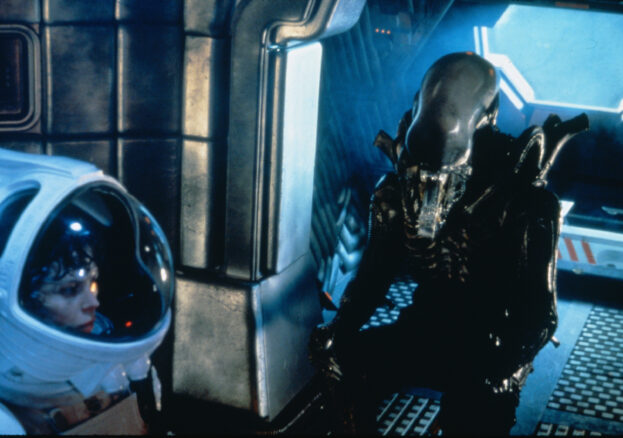
Timed to coincide with the release of Disney’s new television series, Alien: Earth, Hyde Park Picture House are taking audiences back to where it all began: Ridley Scott’s original, 1979, Alien. The seminal, sci-fi body horror will be followed by a talk from Durham University’s Dr. Jordan Adshead, an Honorary Associate of Philosophy who specialises in the intersection of technology and the environment, and the impacts of widespread technological change.
There’s certainly much to discuss. For the uninitiated, Alien opens in the loneliest deep space, the hulking commercial spacecraft Nostromo is on its way back to Earth — its crew held asleep in stasis pods — when an emergency broadcast is received. Awoken and sent to investigate by Mother, the Nostromo’s computer, the crew land on a nearby planetoid and discover a destroyed alien ship and its long-deceased crew. Delving further into the wreckage, they come across a chamber filled with large eggs, and when Kane (John Hurt) an unsuspecting crew member, disturbs one of them an alien life-form jumps out, pierces his helmet and attaches itself to his face.
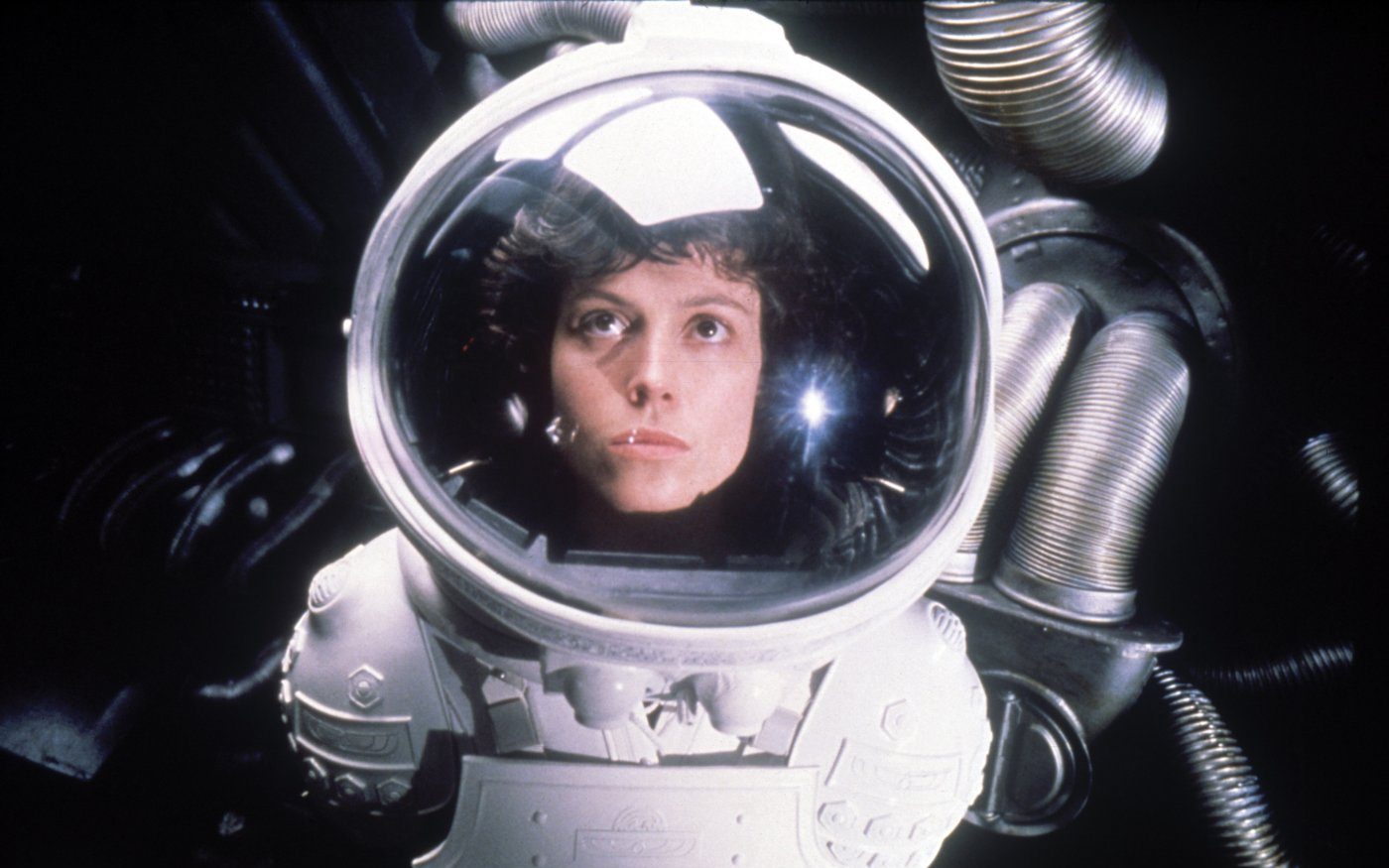
Returning to their ship, the crew ignore quarantine protocols and before long, a small, deadly creature bursts from Kane’s chest. Roger Ebert compared Alien to Jaws and Halloween, films in which an unstoppable force stalks and terrorises a community, while Pauline Kael dismissed it as a “haunted-house-with-gorilla story set in out of space”. Once the alien is loose on the Nostromo, only Sigourney Weaver’s Ripley can match it for wits as it picks off the crew one-by-one, slowly revealing its status as the apex predator — one which the Nostromo’s owners back on earth realise is worth to them than the humans in their employ.
the terror of this creature which emerges from the vast, unknowability of space before burrowing into vulnerable flesh and blood, and unleashing death, is a very primal one
Scott’s direction is superb, an exercise in economy and suspense that lives up to the titles mentioned by Ebert and elevates the premise as described by Kael. Any description of Alien‘s merits must also touch upon the production and creature design by H. R. Giger who is responsible for the unrelenting xenomorph, the iconic creature birthed from Kane’s chest, slick and slimy, with its elongated head, razor teeth and nightmarish crawl. Indeed, the terror of this creature which emerges from the vast, unknowability of space before burrowing into vulnerable flesh and blood, and unleashing death, is a very primal one.
In his talk following the screening, Adshead promises to “describe how the experience of body horror exposes an ongoing existential ordeal, confounding questions of individuality and revealing a profoundly ambiguous sense of selfhood”, with a phenomenological meditation that expands upon the Maurice Merleau-Ponty’s ontology of the Flesh.

